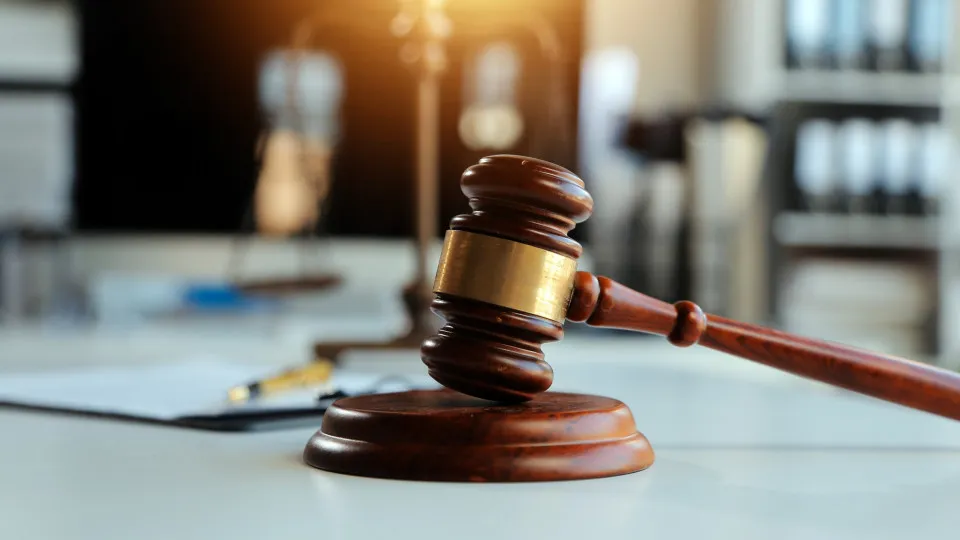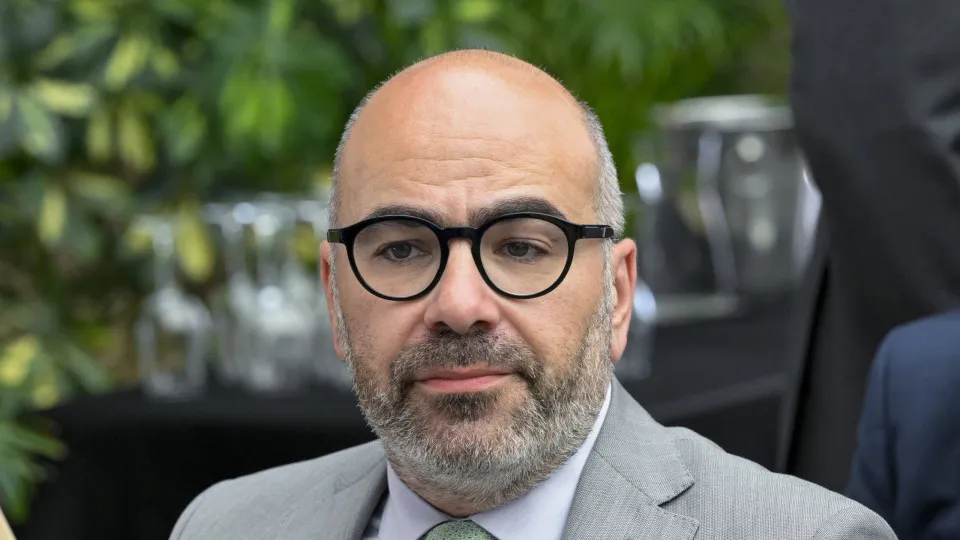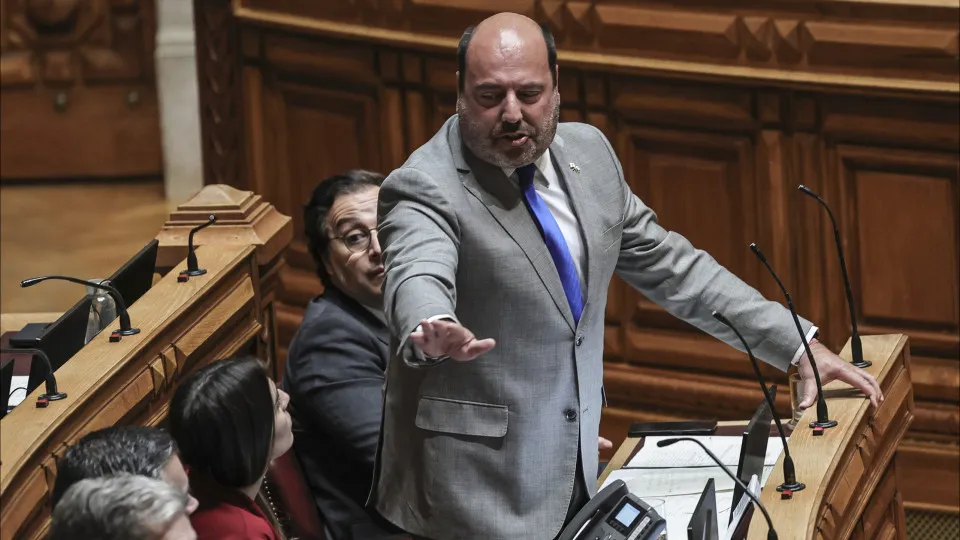
At present, the discussion around the Digital Network Act is taking place, which might be the last significant opportunity to address all the challenges identified, states Ana Figueiredo.
The challenges pertain to a market that is “too fragmented,” with no “possibility for intramarket consolidation,” she notes, highlighting the example of Portugal moving from three to four operators with Digi’s entry, amidst overregulation.
She further highlights an “overlap in regulation,” which increases compliance costs for regulations.
Figueiredo clarifies, “This doesn’t mean there shouldn’t be a minimum level of regulation. Of course, there should be, but not to the extent that it burdens the operators.” The ongoing debate over the Digital Network Act at the European level presents an opportunity to “streamline and perform regulatory reform across Europe that empowers European operators to develop their activities,” focusing on innovation and encouraging investment.
European operators, through Connect Europe, have been “very vocal” about the industry’s declining profitability amid rising investments, explaining how operating “below the cost of capital” places them at a “critical juncture for sustainability.”
However, “significant progress in this area has not been observed,” and, at times, there have even been setbacks, particularly in Portugal, where operators face “regulations favoring new entrants by creating (…) more advantageous conditions for new players, to the detriment of existing operators,” she points out.
She adds, “When regulators, both in Portugal and the European Union, create more favorable conditions for entrants, it means that the profitability conditions are no longer favorable,” creating “almost an artificial asymmetry,” or “artificial conditions for new companies entering the market.”
Such measures do not “protect investment,” nor do they benefit consumers and clients, as “if we are limited in our investment capacity, there could obviously be losses for the country in terms of infrastructure development,” she warns.
The ‘fair share’ concept, which proposes cost-sharing between ‘big tech’ firms and operators, has not progressed.
Platforms like WhatsApp, offering messaging and voice services, compete with operators while using their infrastructures, whereas these operators face regulatory demands that those services do not.
“Ironically, when their platforms malfunction, our call centers handle customer calls (…) though we hold no responsibility in this,” she exemplifies, pointing out the market asymmetry it creates.
Ana Figueiredo believes communications will be crucial in the upcoming technological revolution, questioning whether operators can invest as they previously have.
“Thus far, recent investments in fiber optics and 5G have been financed by selling operators’ assets. This was evident in Portugal, through tower sales, as well as across Europe,” she notes, highlighting not from “margin releases.”
The investment in 5G has not yielded returns, nor “covered what we paid for spectrum through defined pricing” in auctions. Therefore, “if we are already releasing margins to remunerate our capital and public capital, how will we release margins to continue investing? This reflection is essential,” she stresses.
The manager, who describes herself as optimistic, mentions that operators wish to continue investing, with Meo continually striving for reinvention over the years.
“We have sought reinvention (…), currently focusing on an (…) ambitious plan to transform Meo’s operational model to prepare” for market challenges while attempting to anticipate the future, she highlights.
At Meo, “we are (…) prepared for any medium-term challenges that might arise,” she asserts.
The CEO asserts we are witnessing “the onset of a technological revolution” with technologies like artificial intelligence (AI) and quantum computing, among others.
Electronic communications operators are “an indispensable sector” because these technologies cannot exist “without robust, resilient, and secure infrastructures.”
“What I foresee with technological evolution,” increased traffic, “is that this industry will become increasingly central,” making it “crucial to work on its medium- and long-term health,” she argues.
Technology adoption’s speed will increase, “and Portugal must consider if it has the necessary conditions to promote and attract investment to construct next-generation telecommunications and connectivity networks,” she emphasizes.
“We are experiencing (…) a turning point” where “we need to continually have investment capacity,” yet “the conditions being created for this investment,” both in Portugal and across Europe, “are becoming quite challenging,” she notes, emphasizing the need for a “stable, predictable regulatory policy” in the medium and long term.
Portugal was among the first to implement 3G, 4G, fiber, and is currently at “serious risk of becoming mere followers or lacking the capacity to invest in a subsequent technological generation, such as 6G,” she warns.
She also raises concerns about the new submarine cable linking the mainland to the Azores and Madeira, as the current cable’s lifespan ends in 2024.
“Currently, we don’t know when it will be completed, or what its functional and technical characteristics will be” to enable planning “for how to migrate traffic” from the current to the new cable, she says, noting that while the project is progressing, it lacks necessary pace.




